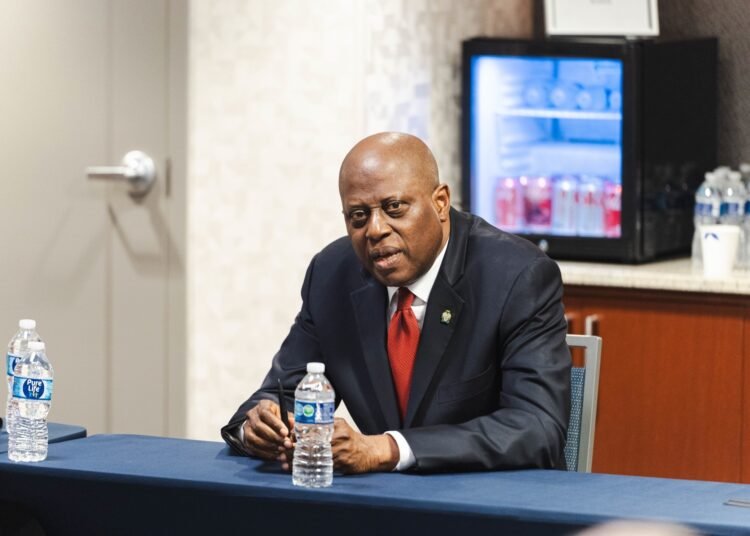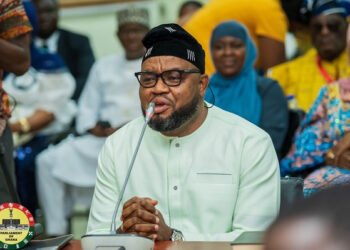The Central Bank of Nigeria (CBN) Monetary Policy Committee voted to further raise the interest rate by 50 basis points to 27.25%.
This decision was disclosed by the Governor of the CBN, Mr. Yemi Cardoso, who also serves as the Chairman of the MPC, at the conclusion of the MPC meeting held in Abuja.
The increase reflects the apex bank’s ongoing commitment to managing inflation and stabilizing the foreign exchange market.
In addition to the interest rate hike, the CBN increased the Cash Reserve Ratio (CRR) of commercial banks by 500 basis points from 45% to 50%, while the CRR for merchant banks was raised by 200 basis points to 16%.
Furthermore, the MPC adjusted the asymmetric corridor around the Monetary Policy Rate (MPR) to +500 and –100 basis points, retaining the liquidity ratio at 30%.
Governor Cardoso emphasized that the decision to tighten monetary policy was unanimous among MPC members, highlighting a unified approach to address the current economic challenges.
The CBN’s decision comes in response to rising concerns about inflation and its impact on the economy, citing threats from food inflation, flooding in various regions, and increasing petrol and energy prices.
Despite a slowdown in inflation in July and August, which saw rates drop to 33.4% and 32.2%, respectively, there are fears that inflation could rise again due to petrol scarcity and the recent hike in petrol prices by the Nigerian National Petroleum Company Limited (NNPCL), from N617 per litre to N897.
This move has further strained the economic landscape, leading to increased transportation costs and other related expenses.
As the CBN marks one year under the management of Yemi Cardoso, the recent 50 basis points increase reflects a cumulative 850 basis points hike in the MPR during his tenure. This continues a trend of interest rate hikes that began in May 2022.
The decision also signals the apex bank’s intention to attract Foreign Portfolio Investment (FPIs) to Nigeria, particularly as the United States Federal Reserve recently cut rates.






























































